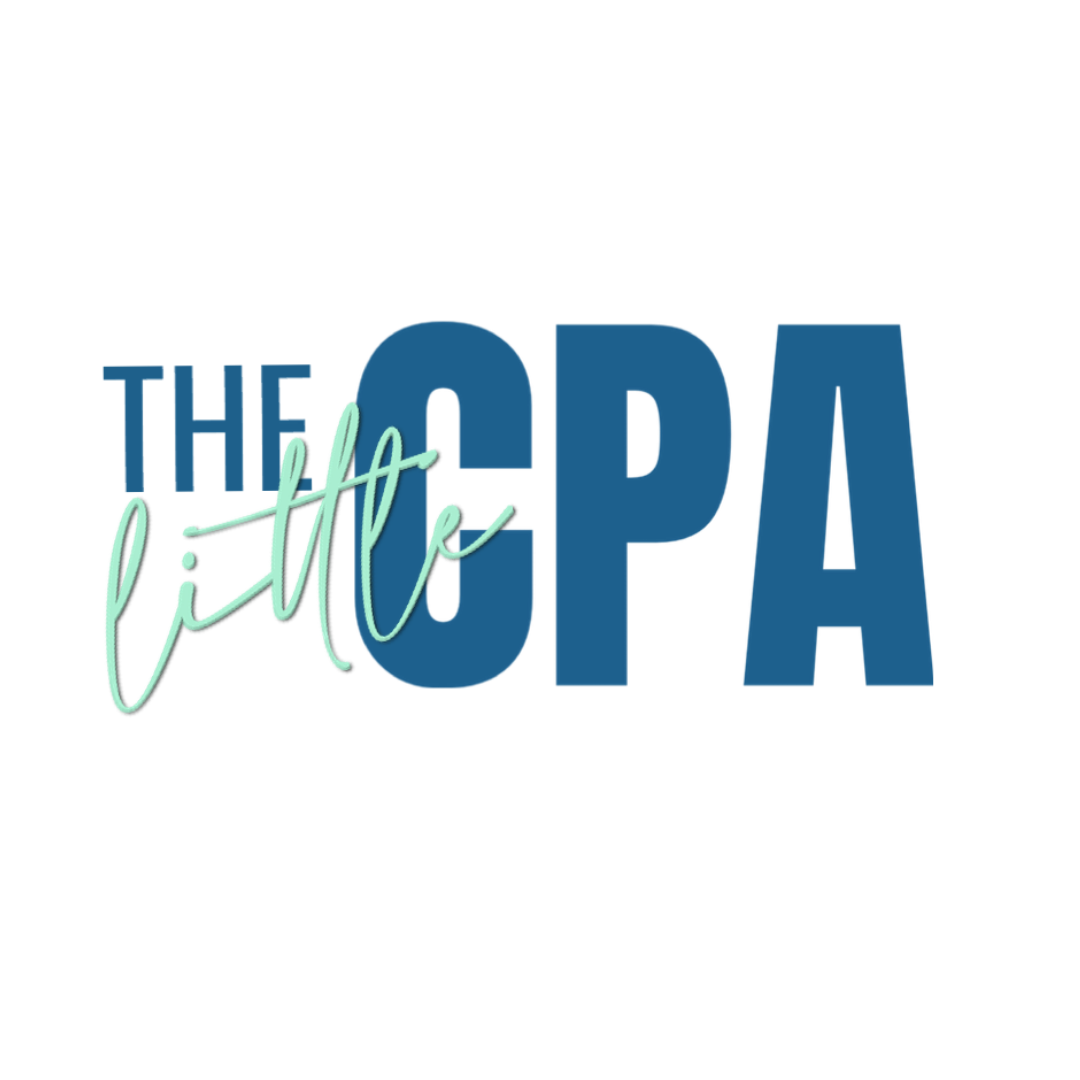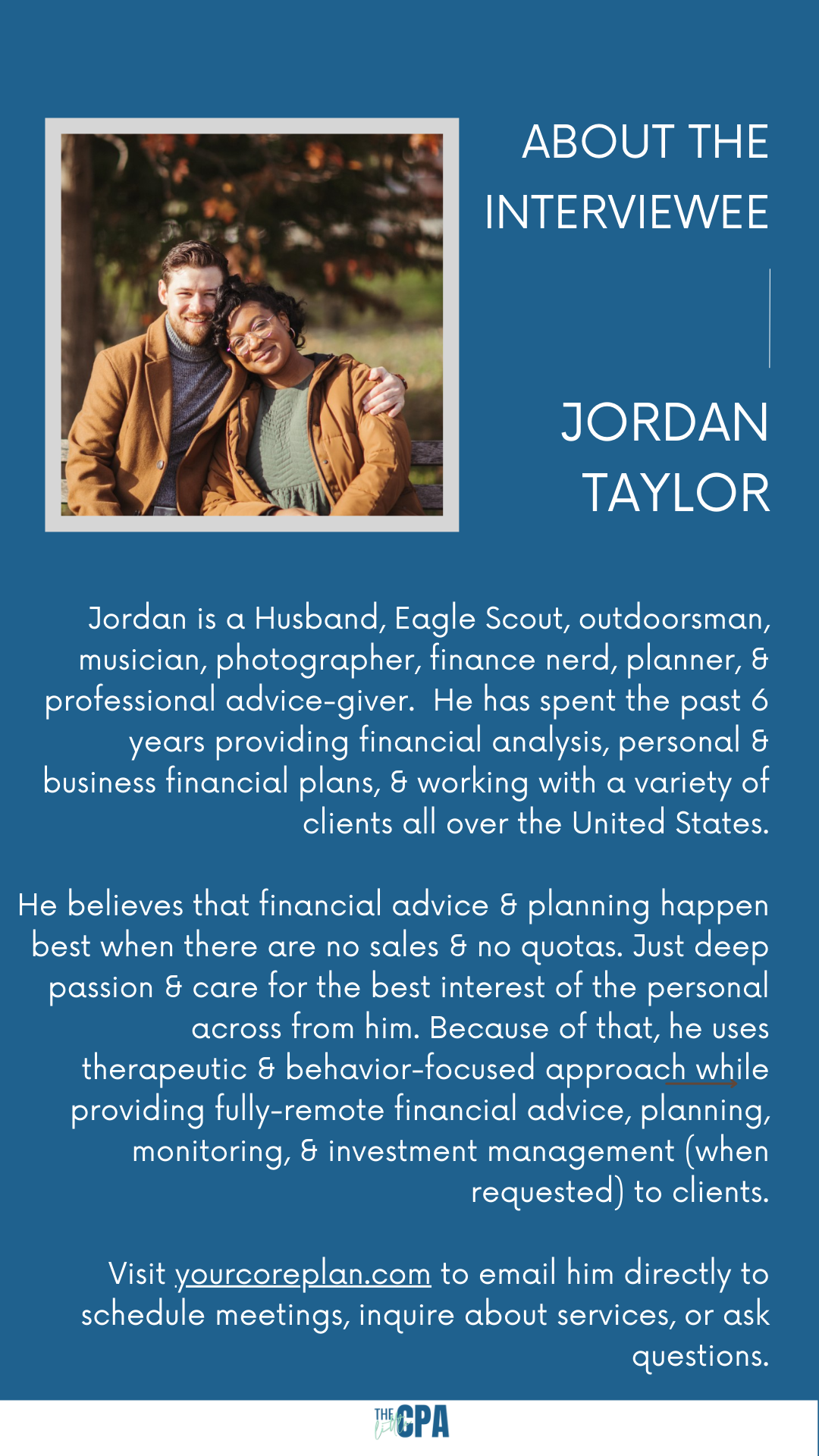 Infinite banking has caused some serious division among financial influencers. While some proclaim it is a key tool to grow generational wealth, others call it a scam.
Infinite banking has caused some serious division among financial influencers. While some proclaim it is a key tool to grow generational wealth, others call it a scam.
Who’s right?
Let’s take a look at a few important factors before we take sides!
___________________
Key takeaways:
- Understand infinite banking.
- Understand the type of insurance policy required to carry out an infinite banking strategy.
- Learn from infinite banking examples that have gone wrong.
- Know alternatives to infinite banking.
- Understand who benefits from infinite banking.
___________________
What is infinite banking?
Definition
Infinite banking is a financial strategy that utilizes permanent life insurance policies to create a private banking system.
{Click here to learn “7 Things to Know About Term and Permanent Life Insurance”}
Cash Value Loan
With permanent life insurance policies, part of your premium payment goes towards a cash value component. The cash value is a living benefit from which you can withdraw or take out a loan for various uses.
For instance, you can use a cash value loan to pay for college tuition, invest in real estate, finance home improvements, or start a business.
Loan Repayment and Interest
Just like any other loan, you are responsible for paying back the loan which is subject to predetermined rates of interest over set terms. Unlike traditional bank loans, however, those interest payments go back into your cash value.
Essentially, you’re paying yourself back with the interest accrued on the loan.
Other than the obvious risk of not being able to pay off the loan, doesn’t the ability to borrow money from yourself sound too good to be true?
If it does, then this blog is for you. In this blog, we interview Jordan Taylor, an independent financial advisor at Core Planning, to get a wholesome perspective on infinite banking and cautions you should consider before moving forward with this type of “investment” strategy.
Infinite Banking Q&A with Jordan Taylor
1. What type of insurance policy is required to participate in “infinite banking?”
Any type of life insurance policy that has a “cash value” component will do.The most popular policy types seem to be Whole Life and Indexed Universal Life (IUL).
Both types can be sold to just about anyone, generate large commissions for insurance agents, and technically can work for “infinite banking.” To make the infinite banking concept work with these types of policies, you need –
- the ability to “overfund” your policy by paying more than the required premium,
- to have some sort of return happening INSIDE the policy for your cash value, and
- the option to loan yourself money from the cash value.
I really like Investopedia’s article on permanent insurance types for more educational information about whole, variable, universal and variable universal policies.
 2. Can you provide an examples of infinite banking gone wrong?
2. Can you provide an examples of infinite banking gone wrong?
Example 1
Early in my career, I was working with a couple in their late 20s. They were a two-income household with a lot of money to save, but they weren’t sure exactly what to do to reach their financial goals.
I was really unsure about giving “good advice,” so I brought a “more experienced advisor” with me. After a few meetings, the advisor presented a financial plan and had convinced each spouse to put $500 per month into their own Whole Life insurance policies. 50% of their “extra” income was going to pay for insurance premiums on less than $500k of total life insurance coverage.
The plan showed lots of wealth being created.
After almost a year, however, the couple realized that they could afford a home if they canceled their insurance policies. That was a dream goal of theirs that the “better advisor” never tried to discover.
The policy was pitched as infinite banking – a way to pay for a car, college fund, or future house while taking charge of their future retirement. The policy was designed ONLY to generate a large commission.
They spent $11,000 on policy premiums. They were underinsured the entire time. And, they will never see any of that $11,000 again.
 Example 2
Example 2
Over the course of two years, I consulted with a spouse who had “rolled-over” his $400,000 401(k) into an IUL after meeting with a friend who had “just become a wealth manager”.
The last time we spoke he had spent a little over $120,000 on initial tax withholdings and insurance premiums.
He had a $224,000 policy loan that had grown to $240,000 with unpaid interest. The policy loan’s cash was tied up in less-than-halfway finished real estate properties they had purchased to flip. Not only that, their properties had $224,00 in mortgages at a 5.5% interest rate.
Outside of the policy loan, there was no remaining cash value and their family could not afford to continue paying the insurance premiums OR the mortgages on the new properties. They also failed to set aside cash for the $18,000 tax bill and $40,000 IRS penalty (the IUL was in a taxable brokerage account).
It appeared that, at best, the family would be left with NO savings at all, no life insurance, and at least $44,000 in debt. This assumes they could even sell the properties at a decent price.
3. To avoid these infinite banking pitfalls, what other types of investment accounts offer similar benefits to a universal life insurance policy?
 Roth IRAs and 401(k)s
Roth IRAs and 401(k)s
These infinite banking/universal life policies are often compared to Roth IRA and 401(k) accounts.
Obviously, if things go well, the loans from the insurance policy are tax free. Similar to how withdrawals from a Roth (IRA or 401k) are tax-free.
Most people aren’t aware, but many 401(k) accounts also offer a loan option. This option allows you to access a portion of your retirement funds early without being punished with penalties and taxes.
Even so, the universal life contracts offer something a 401(k) loan doesn’t. A 401(k) loan removes part of your account from being invested in the market. Most universal life contracts continue to leave your money invested so it can “grow while you spend it”.
But these types of loans aren’t unique.
Margin loans
Taxable brokerage accounts offer “margin loans” and many firms have their “lines of credit” you can take out against brokerage account balances. This works almost identical to a universal life contract. You get to loan yourself your own money and your assets get to stay invested.
Having said that, one loan risk that universal life contracts don’t face is margin calls. A margin loan can have a margin call (yes, like the famous movie!) when your investment balance decreases too much and you are forced to pay back your margin loan out of nowhere.
It’s worth noting that, for wealthy folks with large brokerage account balances, margin and lines of credit attached to brokerage accounts usually have heavily discounted interest rates that are comparable OR lower than the interest rate an insurance loan would feature.
 4. What type of client benefits most from infinite banking?
4. What type of client benefits most from infinite banking?
In my experience, clients with multiple, stable streams of high-income and low costs of living benefit the most from infinite banking.
The caveat here is that they’ve already maxed out their actual retirement accounts, have plenty of cash savings for their next few years of spending, and they just want a place to stick money where it can grow while providing for a small life insurance need. These types of clients are few and far between because they usually aren’t middle class.
I think CPAs and tax professionals are the best educated and trained to actually spot situations and clients who have the potential to be able to benefit from infinite banking. Most of the strategy is based around minimizing taxes through Section 7702 of the IRS tax code, which governs permanent life insurance policies.
Most advisors and financial representatives dealing with and selling these products have NEVER read that code section. Nor do they have a professional or educational background (I’m overgeneralizing a little) to properly understand it.
Another type of person who might be able to successfully utilize infinite banking systems is a seasoned business owner and their highly-compensated employees. Although providing this type of insurance might provide compensation benefits, making sure the policy meets the compensation and benefits needs of the employee can be difficult. There are less expensive and complicated ways to simply pay someone more.
In general, the people who benefit the most from infinite banking are (first) the insurance agents selling these policies and (second) the high-net worth families who don’t need the policies for building their wealth.
For more information about life insurance and financial planning, contact our interviewee Jordan Taylor at yourcoreplan.com.
So, is infinite banking a scam?

You already know the answer… it depends.
Infinite banking is not a wealth strategy that should be taken lightly; it comes with some rewards – and quite a few risks.
Here are five questions you should ask before you consider a life insurance policy that allows for infinite banking –
- Do you have financial stability? Do you have an emergency fund? Do you already have secure streams of income? Take a look at The Little CPA’s 12-Step Priority Plan to determine if you are in position to take on the increased cost to fund an infinite banking insurance premium.
- Do you have a history of increasing your cash flow? For instance, have you already succeeded at buying real estate, business equipment or some other asset that generates a sizable return on investment? If so, you might have evidence to support your ability to leverage a loan from your policy’s cash value, but first, check out the next point.
- Have you considered other wealth building options? Yes, using your life insurance policy as a “bank” can provide tax-free benefits. But, as mentioned during the Q&A, there are other tax-free options when it comes to building wealth. These options often come with lower fees and potentially higher returns on investment. Make sure to discuss all options with your financial adviosr.
- Are you able to put enough money into the policy to build a cash value to where it makes sense to borrow from it? If not, the high permanent life insurance premiums could eat into your ability to generate wealth – you might want to look into other wealth building options.
- Do you understand all of the policy’s provisions? Having a poorly designed permanent life insurance policy hurts many policyholders who planned to build wealth with “ infinite banking.” To guard against this, work with a licensed fiduciary financial advisor who 1) has other clients who leverage cash value in their permanent life insurance policy and 2) is able to offer insurance products from different companies.
Asking these questions will allow you to choose the best wealth building opportunity for your financial situation and, ideally, lead to a successful financial decision.
While The Little CPA’s blog content is designed to be informative, it should not be taken as financial advice. Everyone’s individual circumstances and needs are different, so it’s important to seek out a qualified legal, tax, investment or financial advisor for more specific guidance that takes your needs into account.




